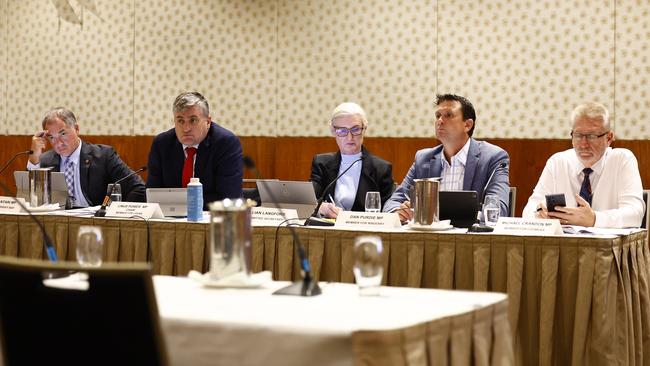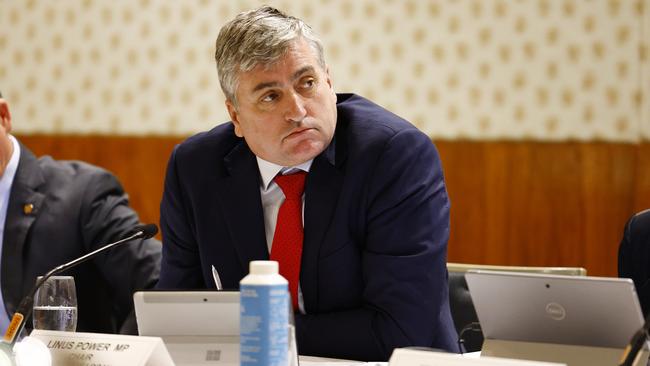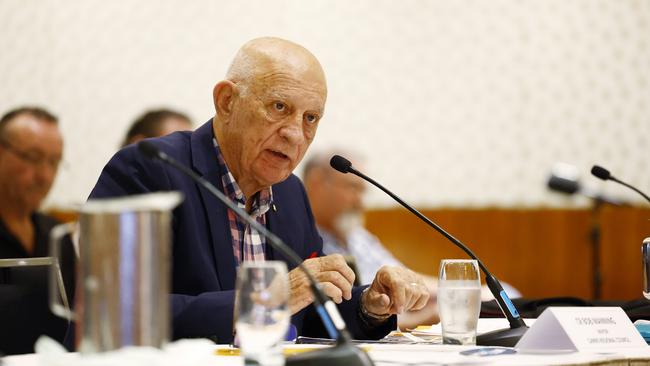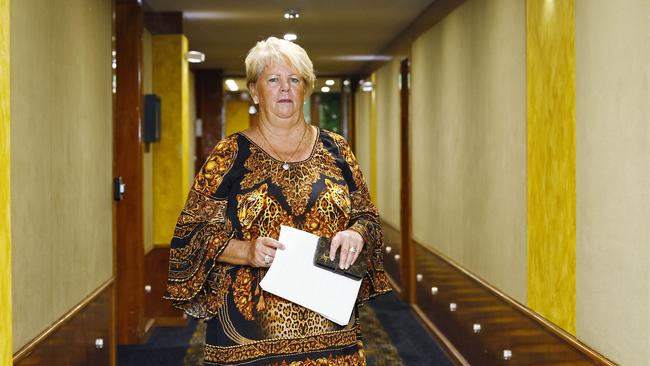Tough new juvi crime laws divide advocates at Cairns hearing
Feedback on youth justice law reform has revealed conditional support for tough action on juvenile offenders, amid opposing views as to how to quell an unrelenting Far North crime wave.
Cairns
Don't miss out on the headlines from Cairns. Followed categories will be added to My News.
Feedback on youth justice law reform has revealed conditional support for tough action on juvenile offenders, amid opposing views as to how to quell an unrelenting Far North crime wave.
At a public hearing into the Strengthening Community Safety Bill 2023 at the Reef Hotel Casino on Wednesday, community leaders and youth advocates presented opinions on proposed new laws designed to protect citizens from serious repeat offenders.
While most submissions agreed proposed new laws offered a step in the right direction to reducing youth crime, questions about the for-profit residential home care model, limited accountability for non-government youth service providers and increased funding for local government CCTV systems were raised.

The closing of submissions on February 24, three days after the first discussion of the new bill in parliament last week, was criticised by many fronting the panel.
In her submission, Mareeba Shire Council Mayor Angela Toppin spoke for the heartbroken victims of crime in her community and said current measures were not working to deter youth offenders.
She identified family violence, homelessness and trauma as a root cause of unprecedented offending in Mareeba and Kuranda and indicated support for proposed legislation.
“I urge the Queensland Government to consider the additional resources that are required to effectively implement the changes to the bill,” she said.
“But they can only be used as a starting point in beginning to address the crime crisis gripping this state.”

But Cairns-based barrister Tim Grau and former adviser to the office of Premier Annastacia Palaszczuk argued Queensland wasn’t held in the grip of a crime problem but rather a “social welfare crisis”.
He detailed case studies of young offenders who from birth were destined to come before the courts by virtue of their family situation and mismanaged state intervention.
“Elizabeth is hospitalised on a number of occasions while in the care of her parents,” he said.
“Child safety records show that (Elizabeth over a 13 year period) resided in 60 different placements.

“Young people end up in the criminal justice system because, for many from birth and for all early childhood they are faced with the most deprived, dysfunctional disadvantage in life than almost anybody in the state.”
Mr Grau slammed the proposed new bill as reform that would do little to stem the current youth crime situation.
“Quite simply tougher penalties and increased detention does not work,” he said.
“Queensland doesn’t have a law and order crisis, it has an entrenched and terrible social welfare crisis.”
Victim of crime Perri Conti became visibly upset during her submission while advocating for Cairns’ underprivileged kids, she believes are actually victims themselves of neglectful parents.

“These kids just want a safe place where their parents can’t get to them,” she said.
Ms Conti called for a full audit of all youth non-government organisations receiving funding and systems to provide basic necessities for youth in state care to stop juveniles stealing clothing and food.
However she did support prioritising community safety over keeping serious repeat offenders out of juvenile detention.
Cairns Mayor Bob Manning, Aaron McLeod from the Crime and Justice Action Group, and representatives from Cape York Partnerships also made submissions to the committee.
More Coverage
Originally published as Tough new juvi crime laws divide advocates at Cairns hearing





